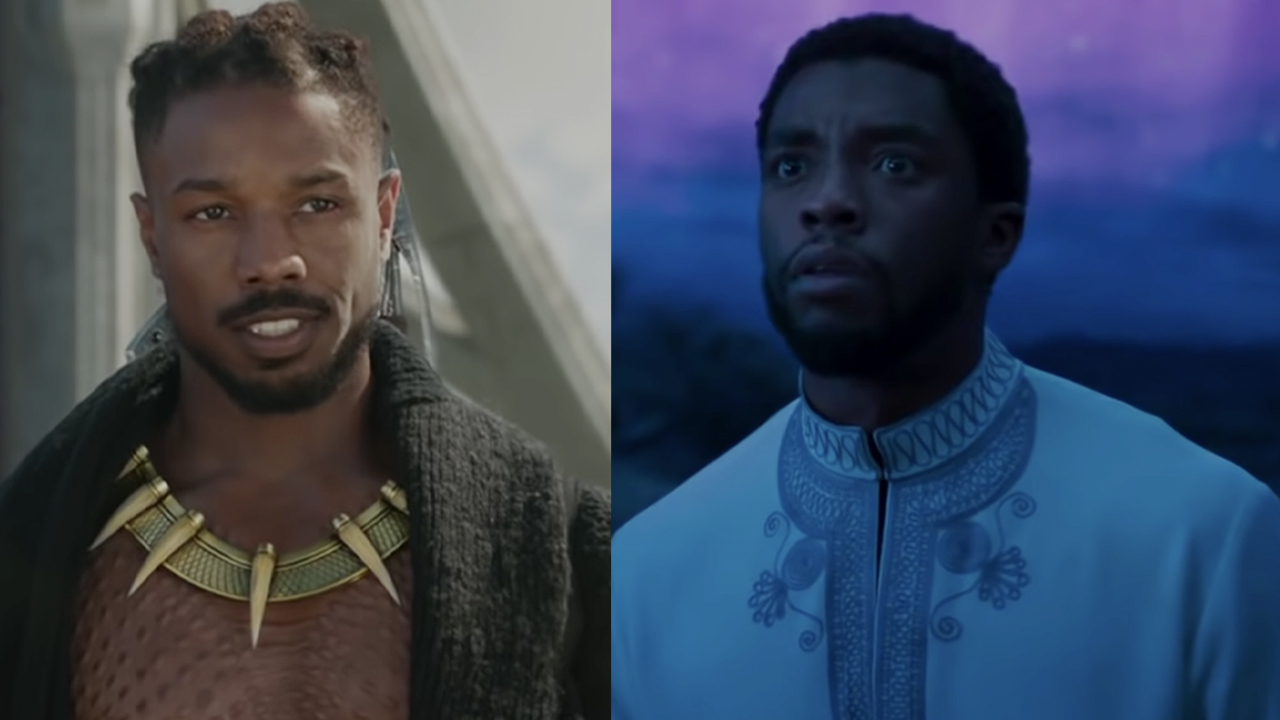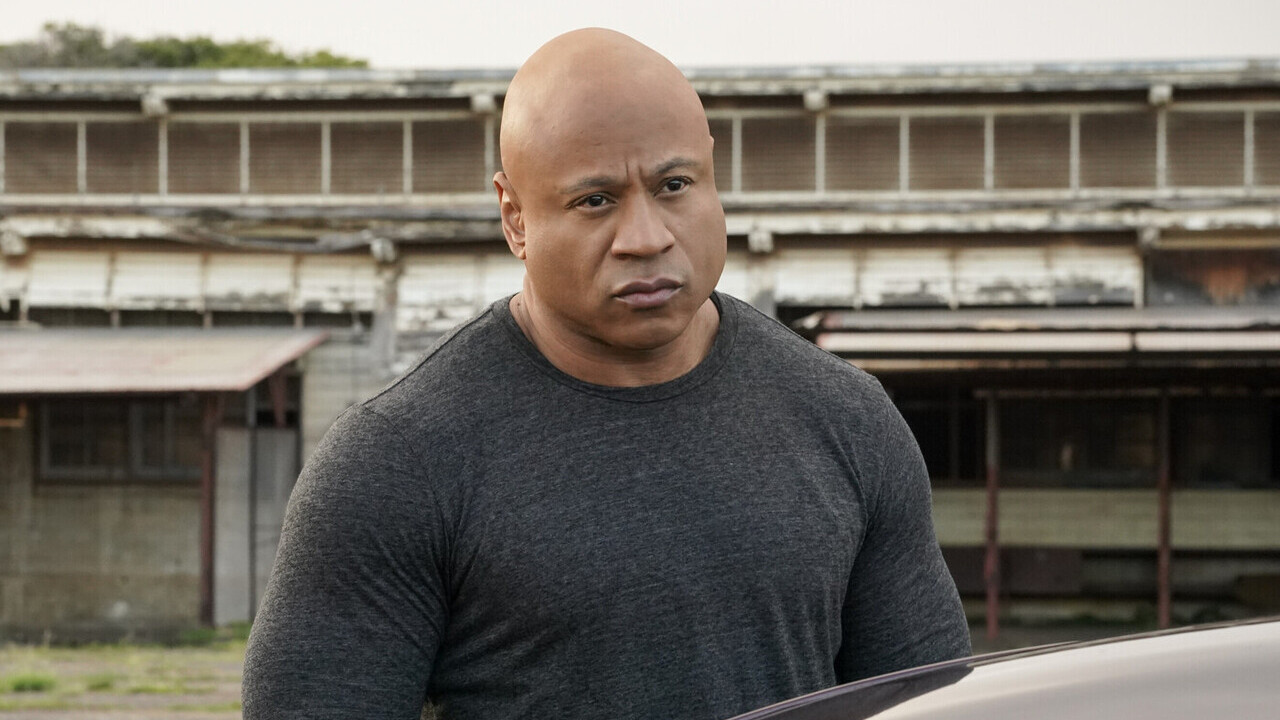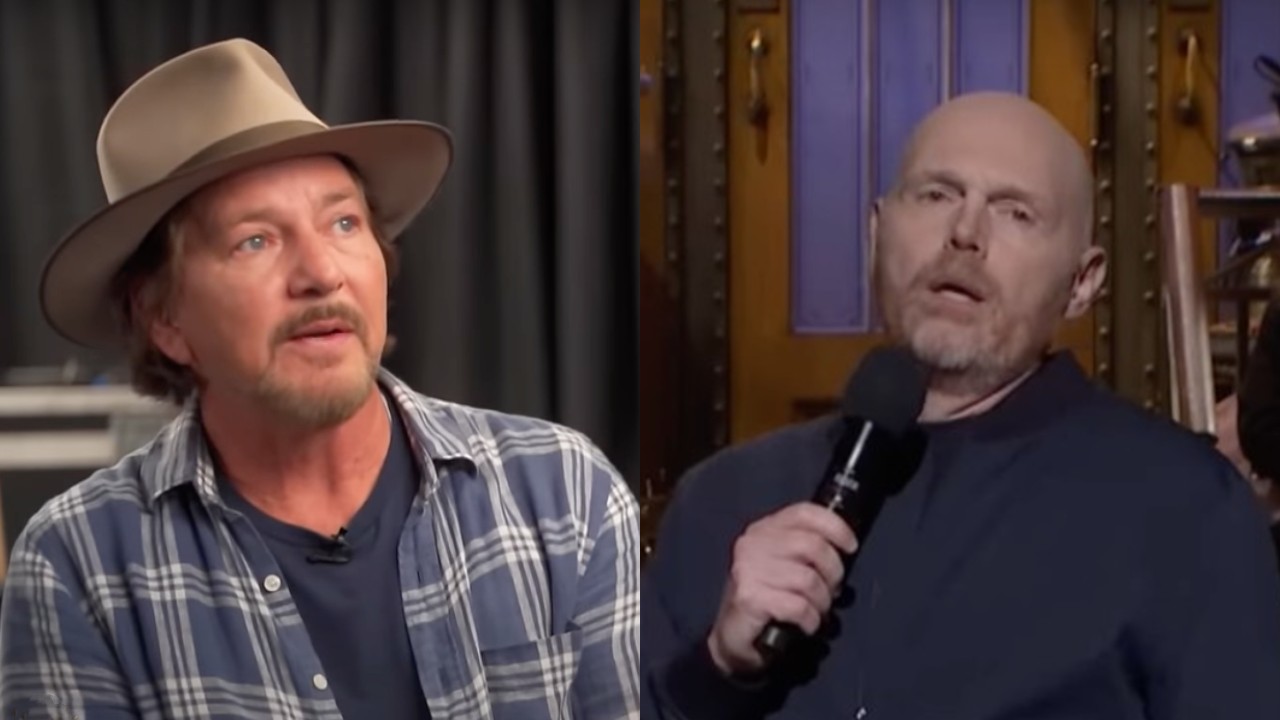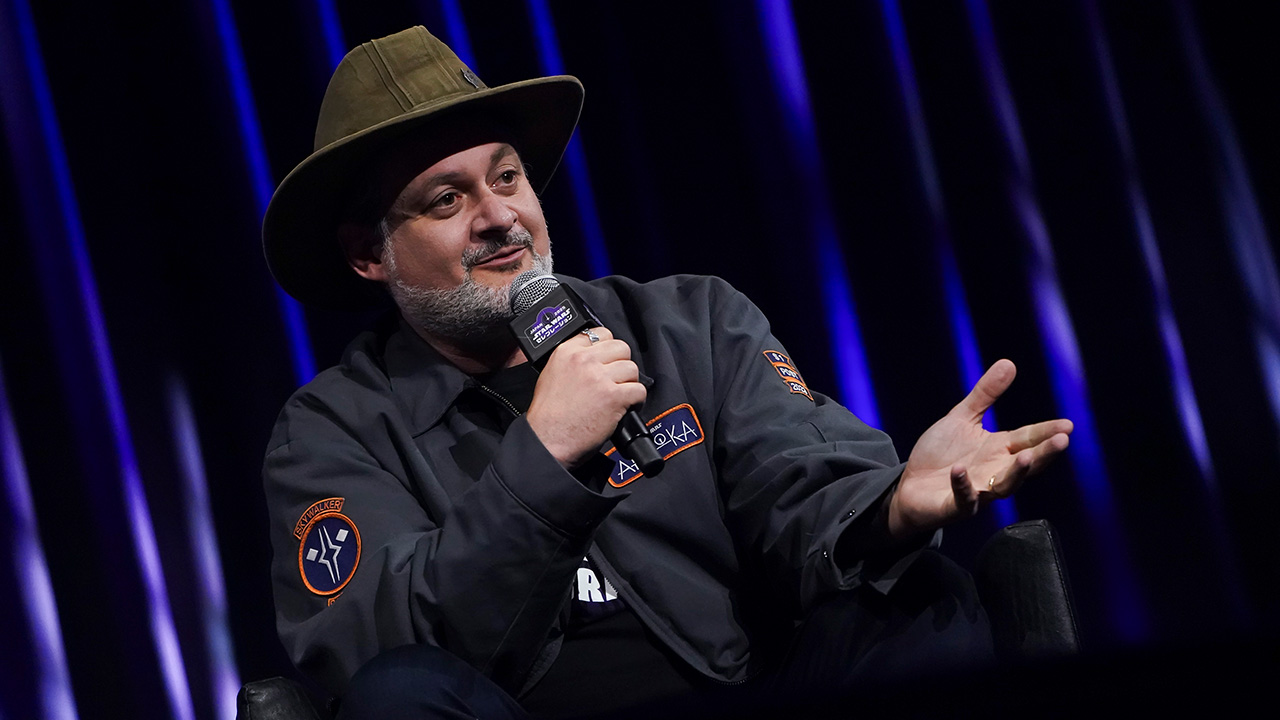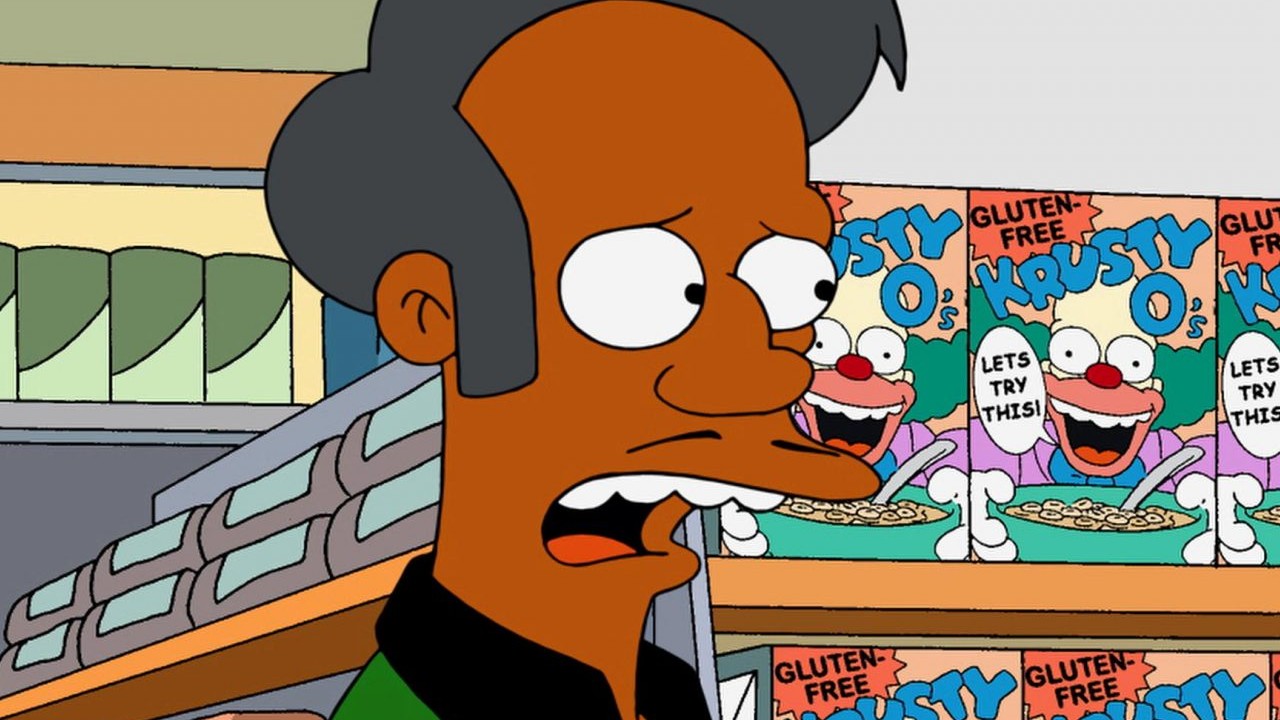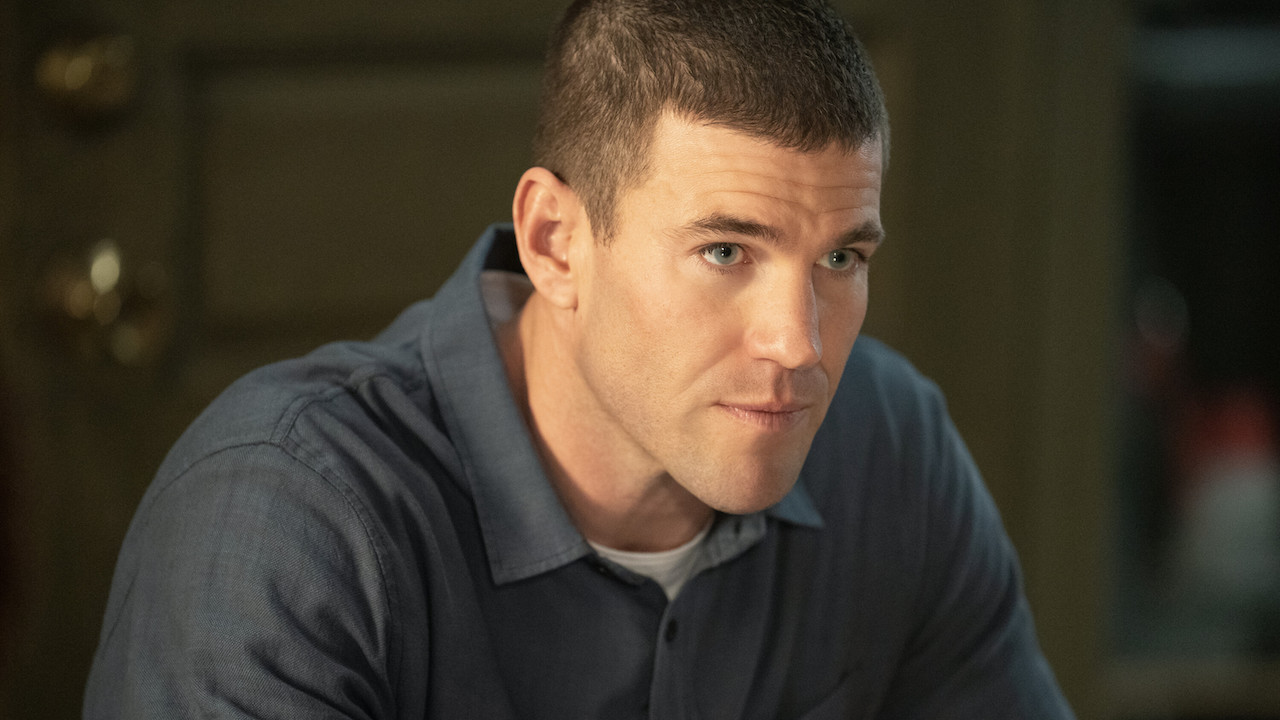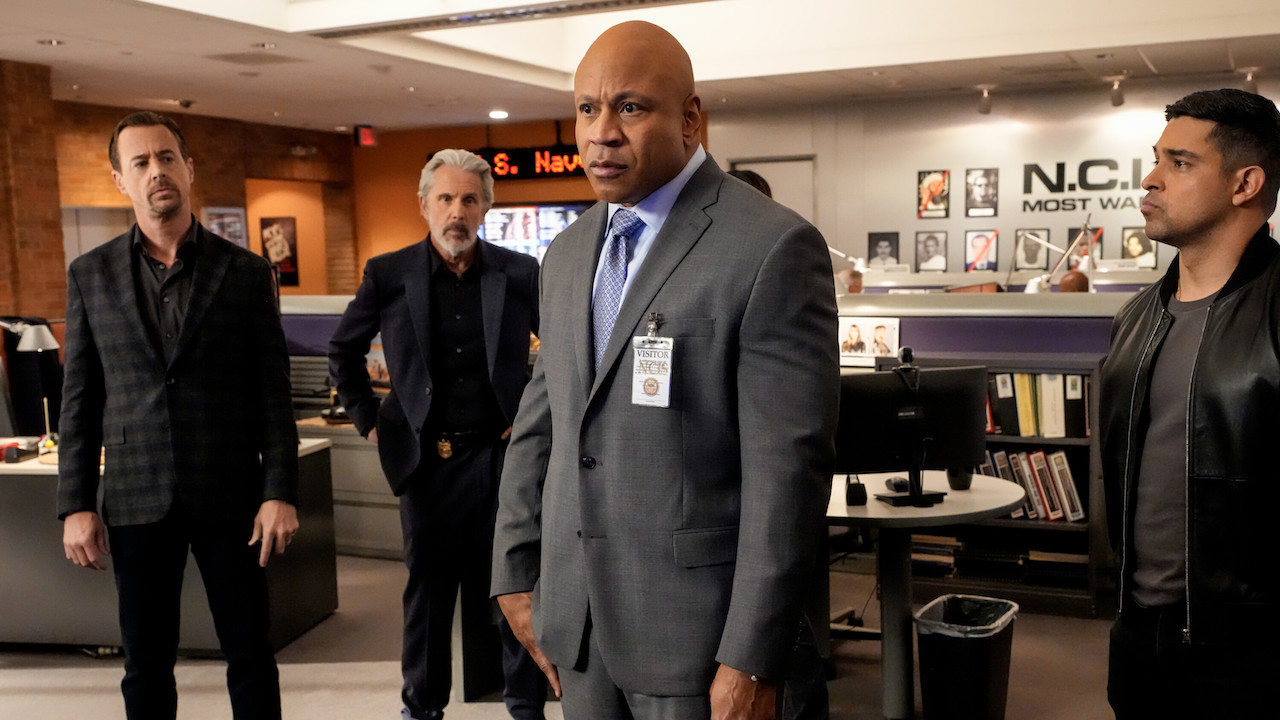
This set is iconic. The seats are a dark color, and there are rows and rows of them, and the walls behind them are a mix of blue and purple. A balcony hangs over the men's heads, and against the walls are various plants, likely fake. When you see the two from behind, one pudgy and the other bald and skinny with a long face, the screen is framed by gorgeous woodwork lined with tiny yellow lights. The lights are dimmed and we see the men watching fragmented clips, pre-approved for television, to give context to what they’re about to say.
I watch this with my step-dad. His name is Bob, and I’m nine years old. My mom is in the kitchen, cooking a meal that I’ve expressed my distaste for a thousand times: corned beef and potatoes; she never listens. Bob watches intently, and because he does, I do too. The men, one named Gene Siskel, the other Roger Ebert, are Chicago film critics, but right now, I only know them as the two guys on the TV who talk about movies. I’m especially interested today because they’re talking about D2: The Mighty Ducks, a sequel to a movie that I watch at least seven times a week on videocassette.
Two thumbs down.
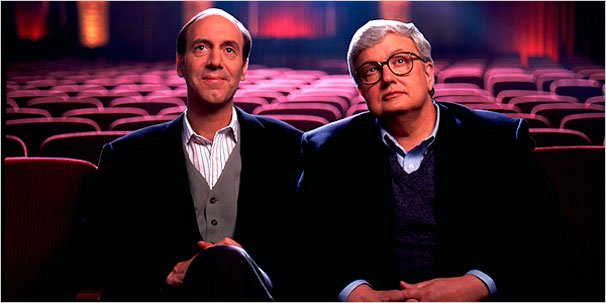
Ebert is wearing a light blue vest with a white dress shirt under it and a grey blazer. Siskel is wearing a black turtleneck with a brown blazer. “The entire film is shot like a commercial,” Ebert tells the camera. He goes on to talk about the contradiction that the movie presents; it displays anti-corporate themes but is essentially a commercial for the actual Mighty Ducks hockey team. Siskel agrees but gives the movie moderate praise. “It’s the best film on today’s show, but that isn’t saying much.”
They rarely like the movies that I like, but that isn’t the point. And to be completely honest, I’m unsure of the point at this age. Bob never goes to see these movies; my mom isn’t a fan of leaving the house, and even if he did, the ones that these men approve of are rarely the ones he catches on videocassette. In theory, I’m sure he’d like to, but my mom’s more a fan of romantic comedies than she is of Bridges of Madison County. So watching the show seems pointless, but we do it anyway.
I cringe as I fork a potato covered in corned beef and place the soggy thing into my mouth. Bob is quiet, as he always is. His dark black hair is peppered with strands of grey, and his moustache is the same. He’s much lighter than I am, and my family tends to give him a hard time for it. He’s a white man in a family of loud and sometimes troubled Mexicans. He met my mom at work, an engineering company where he was a project manager and she worked in document control. When my parents’ marriage was close to its sour end, they began dating; my dad had checked out long before, choosing pills and booze over his wife and three kids.
It was an awkward transition, though. Bob never became a father to anyone. My sister and brother, fifteen and thirteen years my elder, were far too old to take on a new dad. My mom, hell bent on raising me independently, distanced herself from Bob during the first few years of the divorce, only allowing him to sleep over on weekends. So our relationship, when we formed one after he married my mom, became a passive one; he would express his troubles with my behavior to my mom, and she would filter them through her own parenting system, handing down critiques to me as she saw fit.
CINEMABLEND NEWSLETTER
Your Daily Blend of Entertainment News
And so we’re here, watching two middle-aged white men review mostly movies I’m uninterested in. They review Pulp Fiction, and I couldn’t care less. They review Major League 2, and although it looks funny, I pay more attention to my juice box. Even so, I watch the show until the very end, until Ebert closes out with the line he uses each episode: “Until next time, the balcony is closed.” The credits roll, and I finally stand up out of my seat and dump the extra food on my plate into the trashcan, doing my best to hide the scraps from my mother. The news comes on next, and I migrate back to my bedroom.
The version of the show that Bob and I watch is just one year younger than I am. It was born in 1986 and then, was titled Siskel & Ebert at the Movies, simple but noticeably lengthy. Now-defunct production company Buena Vista picked it up after an earlier version of the show aired on PBS for eleven years. A couple of years after being picked up, the show’s name would get changed to the much more minimalistic Siskel & Ebert. This is the show that we watch on Sunday afternoons during dinner. It comes on at 6:00pm and lasts for thirty minutes.
The set-up stayed relatively the same throughout the years. The men introduce themselves and the movies they’ll be reviewing. A review consists of a brief synopsis followed by the opinion of the critic who gives the summary and then some debate (or not, depending on the two opinions). Other segments included a section where the two recommended videos that were being released that week and the “Wagging Finger of Shame” segment, which criticized films that were not pre-screened for critics, a trend that began in the 90s when studios had a movie on their hands that they knew was subpar.
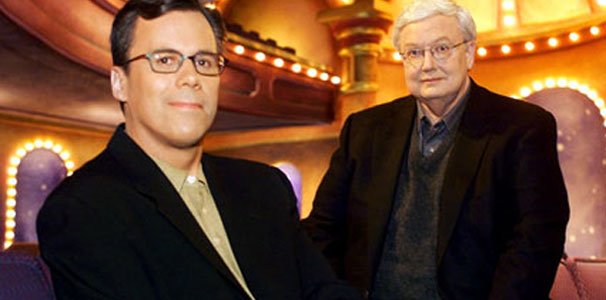
The show hit a tragic roadblock in early 1999 when Gene Siskel died after complications from a surgery to remove a brain tumor. It went off the air for several weeks, and the sudden death seemed almost fake to me. There was that man on that screen, the one I had been watching with Bob for five years, and now he was gone. It didn’t make any sense until Ebert returned to the show alongside different guests each week.
It felt like that too. None of the critics, including the one who would eventually replace Siskel, shared the same dynamic with Ebert. The two men adored each other, so much so that they felt absolutely no reservations when it came to telling the other that he was a doofus for having the opinion he had. They bickered constantly, on the show and off, and there were rumors that their on-screen relationship mimicked their off-screen relationship. Ebert would later say that he loved Siskel, and that was the only way they were able to communicate with one another.
The man who would replace Siskel was Richard Roeper, a colleague of Ebert’s and a frequent guest on the new At the Movies. Much younger than Ebert and Siskel, he brought the same combative personality that Siskel brought to the table but without any of the underlying compassion. With Siskel and Ebert, you could tell that the two would shut off the cameras and continue talking about the flicks. With Roeper on-board, it became apparent that the show was just that: a television show. In 2000, it was rebranded Ebert and Roeper at the Movies and later Ebert and Roeper.
Quickly, the show regained its notoriety, and with a permanent co-host, Ebert’s trademark (really, trademarked) Two Thumbs Up system once again became highly sought after. In the years of Siskel, “Two Thumbs Up” meant an extra few thousand butts in seats on opening week, and studios would print the phrase on their movie posters the instant they found out. It was on video boxes and later, DVD boxes. Even if only one critic offered approval of the film, studios would take what they could get and print the phrase “Thumbs Up” on their boxes and posters and attribute it, in small print, to the critic who gave it. People began caring about the thumbs again when Roeper signed on, but those glory days were short-lived.
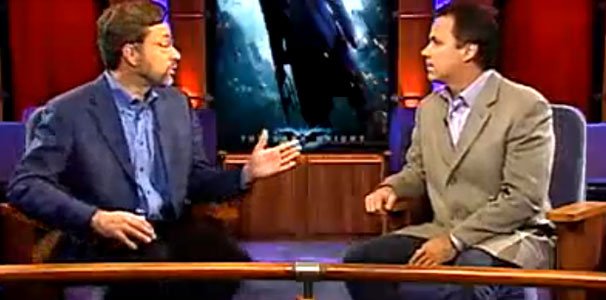
In 2002, Roger Ebert was diagnosed with thyroid cancer. After a short absence and some radiation treatment, he was able to return to the show, but in 2006, the cancer resurfaced in his jaw and forced an emergency surgery that would cause permanent damage to Ebert’s voice. There was hope that he would return, though, as he quickly resumed his weekly review schedule writing for the Chicago Sun-Times. In late 2006, while packing up to leave the hospital after another surgery, his carotid artery burst, and he nearly bled to death. Part of his jaw was removed and a hole was left in his throat. He has not been able to talk since, or for that matter drink and eat normal food.
Although Ebert would eventually return to his job at the Chicago Sun-Times, he would never return to the television show he started with his best friend so many years before. Instead, Roeper would be forced to do what Ebert did just years before he replaced Siskel: sit beside guest after guest each week, attempting to recreate a feeling that had been lost on the show since before he signed on.
Bob and I watched most of this unfold from the bar room that lines the kitchen in my mother’s house. I was nine years old, then thirteen, then twenty. I was learning multiplication tables then the wonders of girls then the reality of adulthood. We never talked about the tragedy of it all; we just continued to watch the show. Dinner was sometimes better than other days, and my own taste in movies was changing with the times. I liked the better ones now, and I was finding myself agreeing more and more with the critics. But by the time Ebert was gone, I had moved out of the house, and Bob and I no longer watched the show together.
There are things I wish I knew about Bob. I wish I knew how many girlfriends he had before he met my mom. I wish I knew if he smoked weed when he was at Purdue sleeping in a bunk bed in a shitty dorm. I wish I knew how he became a Republican and whether or not he believes in God, and if he does, if it’s in the same way that my mother does, blindly and wholly; I’ve never seen him pray, and I’ve only him cry once, when his dad died of massive heart attack. We all saw it coming; it was just that time, and I went upstairs while he was packing his suitcase to head back to Indiana, and I hugged him from behind and told him I was sorry. He didn’t say a word, but I could hear sobbing. I wish I knew how he fell in love with my mom, such an unlikely pair, him with his college education, quiet personality and shelves and shelves of books, her with her bad grammar, three kids, and black and white Lucille Ball pictures.
But these are things I never thought to ask him, and instead, I was in Ithaca, NY, living with my girlfriend Jackie, trying to decide between a transition to grad school or a trip back to California and a job that I hate. It had been fifteen years since I started watching Siskel & Ebert with Bob. In April 2008, Michael Phillips of the Chicago Tribune took over Ebert’s spot permanently.
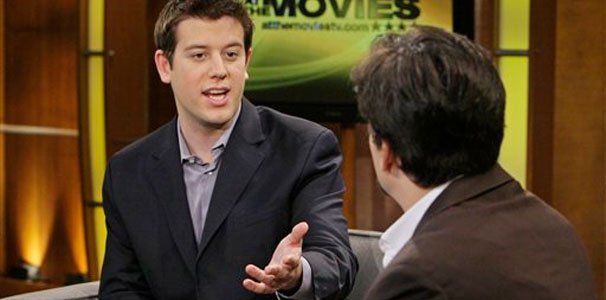
When Roeper was unable to come to an agreement with Disney regarding his contract, he quit, and Disney took over, giving the show a complete makeover. It was re-titled, simply, At the Movies, and its new hosts were meant to represent and play to a younger generation, kids who had no idea and who didn’t care about Gene Siskel or Roger Ebert. There was Ben Lyons, a TV personality who worked for the E! Network. He had little to no experience with film and film theory. In fact, he had never even published a single film review. There was also Ben Mankiewicz, a man whose experience presenting movies on Turner Classic Movies could in no way out-shadow Lyons’ incompetence.
I watched the show once and couldn’t get through it. It hurt me to see a company drag something that meant so much to me through the mud.
Around that time, I began frequenting movie blogs and news websites in an attempt to find voices similar to that of Roger Ebert, always intelligent but never one to be a show-off about it. These sites included big names like Collider, Coming Soon, SlashFilm, and most of all Cinema Blend.
It had been a long time since Bob and I watched the show together. By then, he had lost his job, attempted to start his own internet business, failed at the internet business and returned to managing for an engineering company. His mother was frail and constantly sick, and he smoked more than he used to. On weekends, he would help my mom maintain their house in Monrovia, CA, and when they weren’t doing that, they were sitting in their garage watching TV on an old television set that he mounted to the wall above his worktable. By then, I had quit college and gone back, moved out of the house to an apartment in Fullerton to be closer to school, graduated college, moved into an apartment with Jackie and moved across the country to get away from everything.
During my stay in Ithaca, on a whim, I applied for a job writing for an online movie news blog. It wasn’t much, a few news postings a week, perhaps a few invites to screenings and junkets, a review here and a review there. It was a news writer position at Cinema Blend. The editor of the site, Josh Tyler, read my writing sample and emailed me back almost immediately. I did a few test news postings, and I was hired.
The first movie I reviewed was called Moon, a small indie sci-fi film by new director Duncan Jones, and it starred Sam Rockwell. When writing the review, I did my best to find my inner-Ebert. The man did so well at sounding conversational while also displaying a deep understanding of the film he just watched. The review was published, and the first thing I did was email it to Bob.
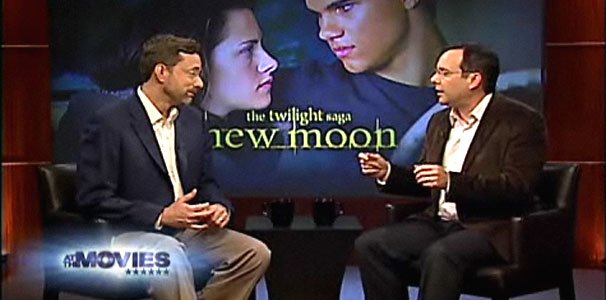
Late last year, Disney attempted to once again revive At The Movies by taking it back to its more credible roots. They hired A.O. Scott of the NY Times and guest-critic veteran Michael Phillips of the Chicago Tribune. The Bens were fired. The show felt whole again. The two men not only brought back the literate side of the show but were also able to discuss less-than-quality flicks in an entertaining manner. It seemed as though the show was back for good. That’s not how the world works, though, as Disney announced the shows cancellation yesterday. It will go off air forever in August.
When Bob read my first review, he didn’t say much. His response was a calm “cool.” Not much else. And I don’t expect much else. Our relationship has never transcended this simple nature. There was always a basic understanding between us: he would support me as a father would, financially and morally, but he would never tread on the foundation that my mother created or attempt to replace the hole my father had left. We rarely played catch when I was little. He never gave me “the talk.” He wasn’t the type to instill any sort of alpha male tendencies in me, never moaned or groaned when I decided to play tennis instead of football or when I decided to study English instead of Business.
What we did, every Sunday, was watch Siskel & Ebert. I’m still not entirely sure why. Despite that, each week, I send him every bit of news I’ve posted on Cinema Blend, and whenever there’s time for a movie review, I send him that too. It’s not much, and I almost never get a response from him, but my mom tells me that every time he reads something that I write, she watches him sit at his computer. He smiles lightly when he doesn’t know she’s watching.
